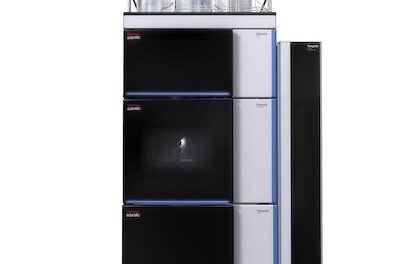Roche, Basel, Switzerland, says that new data from its trials of Ocrevus (ocrelizumab) for the treatment of primary progressive and relapsing multiple sclerosis (MS) offer insights that advance understanding of the disease’s progression. Analyses of study data are providing a better understanding of the biology of MS, advancing the goal of identifying and slowing disease progression as early as possible in order to preserve patient function over the long term.
Neurofilament light chain (NfL) is a protein that provides structural support to nerve fibers in the brain. An increase in the amount of NfL may be associated with nerve cell damage, and detection of increased NfL levels in blood or cerebrospinal fluid may serve as a biomarker of nerve cell damage.
For the recent study, samples were taken from 118 healthy donors to establish healthy donor NfL ranges of 5.5–9.8 pg/mL for blood serum, and 4.3–7.9 pg/mL for blood plasma. Healthy donor range was defined as the 90th percentile of an age-matched healthy cohort.
Following treatment with Ocrevus, Roche says, blood levels of NfL were lowered to a healthy donor range in patients with primary progressive and relapsing MS.
In the Oratorio study of primary progressive MS and the Phase III Opera I study of relapsing MS, blood NfL levels were significantly lower after treatment with Ocrevus. Among patients with primary progressive MS, blood plasma NfL levels were reduced by 16% in the period from baseline to 96 weeks after Ocrevus treatment, compared with 0.2% reduction with placebo (p Roche.




